Public health interventions to protect against falsified medicines: a systematic review of international, national and local policies.
Accurate definitions of poor quality medicines are essential. The World Health Organization (WHO) uses the umbrella term, ‘Substandard/Spurious/Falsely labelled/Falsified/Counterfeit medical products’ (SSFFC ( World Health Organization 2016a ), sometimes shortened to SFFC), though there is no universally agreed definition for this. Previously, WHO defined ‘counterfeit’ medicines as being, ‘deliberately and fraudulently mislabelled with respect to identity and/or source’ (World Health Organization 2016a ). However, it has been argued that the causes and solutions of the constituent problems in the SSFFC grouping are different ( Newtonet al. 2011a ; Attaran et al. 2012 ); in particular, ‘counterfeit’ should not be conflated with falsified and substandard, as this may shift focus away from public health issues and more towards intellectual property (IP) concerns ( Newton et al. 2011a ). We use the term ‘ unregistered generic’ to refer to safe and effective medication manufactured without proper IP law authorisation. This is a legal and economic problem but does not pose a direct threat to public health and is not a major focus in this review. In contrast, ‘ substandard ’ drugs are, ‘genuine medicines produced by manufacturers authorised by the National Medicines Regulatory Authority (NMRA) which do not meet quality specifications set for them by National standards’ ( World Health Organization, 2016a ). ‘Degraded ’ medicines were of adequate quality when they left the factory but have subsequently degraded, for example through inadequate storage or transport conditions ( Newton et al. 2009 ). We use ‘ falsified ’ to refer to medicines that have been fraudulently produced and distributed and which do not meet the quality specifications for that drug—these are the primary focus of this review. Lastly, we use the term ‘ poor quality ’ to refer collectively to falsified, substandard and degraded medicines, which all pose serious threats to public health.
Poor quality medicines directly harm patients by denying them access to potentially life-saving active pharmaceutical ingredients (API), or exposing them to toxins. It was recently estimated that 122 350 deaths in children under 5 years old in Sub-Saharan Africa were attributable to poor quality antimalarials in 2013 ( Renschler et al. 2015 ), representing 3.75% of all under-five child deaths in the region. Poor quality medicines also have pernicious consequences for communities and healthcare systems ( Newton et al. 2006b , 2010 ; Mackey and Liang 2011 ;Karunamoorthi 2014 ), causing lack of faith in healthcare amongst local people and providing a source of funding for organised crime networks. Of broadest consequence is the potential to promote antimicrobial resistance (AMR), now recognised as a major threat to global public health ( Pisani 2015 ).
https://academic.oup.com/heapol/article/31/10/1448/2567085
Lear More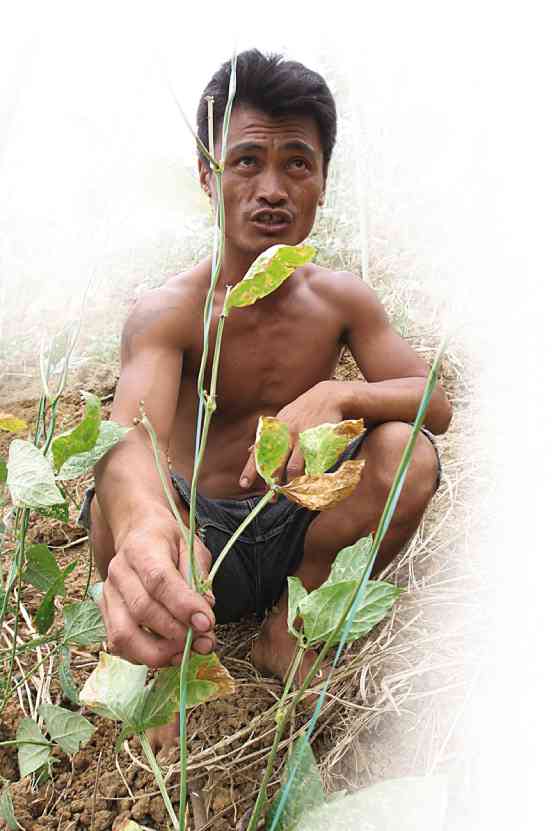
Senator says agri products smuggling alarming
The smuggling of agricultural products has reached what a senator said was alarming levels as cold storage facilities that would have helped farmers earn more are being used for smuggling instead.Sen. Cynthia Villar, chair of the Senate committee on agriculture and food, said smugglers have resorted to using cold storage facilities to hide untaxed agriculture produce and keep these from rotting.
http://newsinfo.inquirer.net/790693/senator-says-agri-products-smuggling-alarming
CBSA charges Alberta man with tobacco smuggling at North Portal
THE Canada Border Services Agency (CBSA) announced this week that on June 3, it laid charges against an Alberta man for allegedly smuggling 222 kg of undeclared tobacco into Canada at the North Portal border crossing on April 6.
CBSA’s Criminal Investigations Section has since charged Abdul Al Khaqani, 56, of Calgary with smuggling, making false statements, failing to report imported goods, and wilfully evading the payment of duties on imported goods pursuant to the Customs Act, and with unlawful possession under the Excise Act.
http://www.voiceonline.com/cbsa-charges-alberta-man-with-tobacco-smuggling-at-north-portal/
Nine out of ten businesses say counterfeits impact online sales of genuine products
A survey carried out by online brand protection specialist, MarkMonitor, has revealed the startling impact that online counterfeiting is having on the sales of genuine brands.
More than 200 business executives, including representatives from many global brands, took part in the survey last month to give their views on the issues and challenges of operating online in today’s ever-changing digital world.Simon Whitehouse, Senior Director, EMEA, MarkMonitor said: “The overall results highlight many of the challenges facing brands online and how critical it is to protect a company’s reputation across the entire Internet landscape. Damage to the reputation can have a massive impact on long term customer confidence, which in itself may lead to an even greater loss in sales.”
Lear More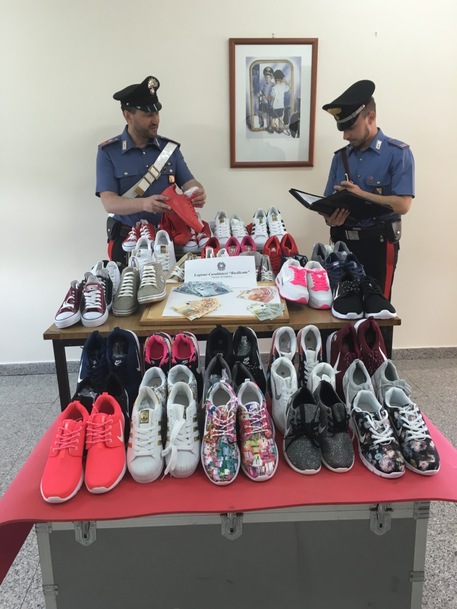
Italians spent 6.9 bn on counterfeits
Italians spent 6.9 billion euros on counterfeit products in 2015, up 4.4% on 2012, according to a study conducted by research institute Censis for the industry ministry and published Tuesday. Producing and selling the same products legally would create an additional 100,515 jobs and increase domestic production by 18.6 billion euros, with an added value of 6.7 billion euros. It would also increase tax revenue by 5.7 billion euros, the study found. Fake products are sold at street stands, in warehouses and private homes, on websites and by mail delivery and are becoming increasingly diversified in terms of the quality, price and type of product.
Lear More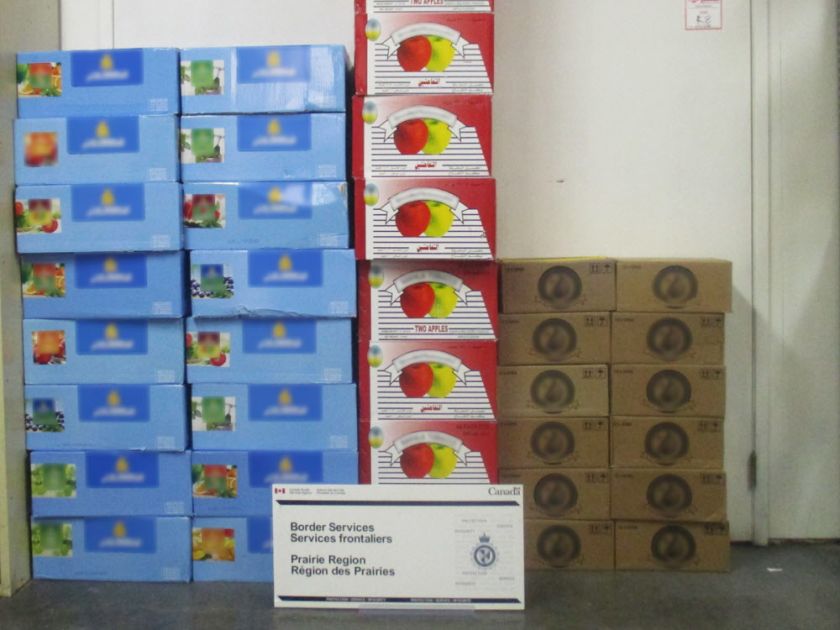
Calgary man accused of smuggling 222 kg of undeclared tobacco into Canada
A Calgary man is accused of smuggling 222 kilograms of undeclared tobacco into Canada in what’s believed to be the largest seizure of tobacco in the Prairie region in the past five years.Officers with the Canada Border Services Agency made the seizure at the North Portal border crossing in Saskatchewan on April 6.Abdul Al Khaqani, 56, of Calgary, was charged on June 3 with smuggling, making false statements, failing to report imported goods and wilfully evading the payment of duties on imported goods under the Customs Act, along with unlawful possession under the Excise Act.
http://calgaryherald.com/news/crime/calgary-man-accused-of-smuggling-222-kg-of-undeclared-tobacco-into-canada
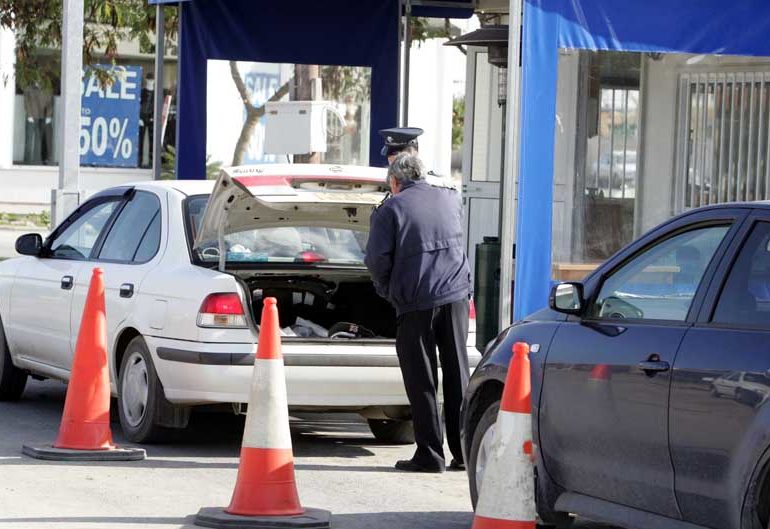
State’s tobacco revenues up in smoke
The doubling of tobacco taxes at the end of 2012 coupled with a hike of around 20 per cent in cigarette levies has not added a single cent to state coffers over the last three years, official figures from the Customs and Excise Department confirm.In fact, not only were there zero gains for the state from the higher prices imposed at the end of 2012, but it lost another €13 million on top of that in 2013, raking in €200 million compared to €213 million in 2012, and has continued to steadily lose revenue in the years since.Estimated losses to the state over the past three years, according to information from the industry, have been in the region of €90 million, taking into account what should have accrued from the 2012 tax hike.
Official figures show that last year, revenues dropped to €189 million from €196 million in 2014.
http://cyprus-mail.com/2016/06/12/states-tobacco-revenues-smoke/
Lear More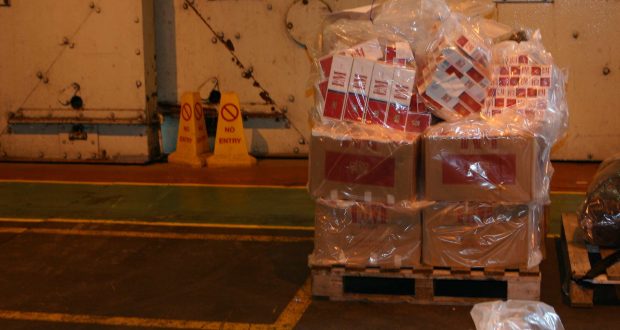
UK sees surge in illegal cigarettes
Consumption of counterfeit and contraband cigarettes in the UK surged by almost 50% in 2014, costing the government about £2bn in lost tax revenue, according to a new report.
The surge was driven by an increase in black market tobacco from Belarus and Pakistan, which now – along with Poland – produce one-in-two illegal cigarettes coming into the UK. The Fest brand from Belarus now accounts for 40% of “illicit whites” – cigarettes produced legally in one market but destined primarily for smuggling – coming into the UK.
http://www.talkingretail.com/category-news/independent-news/uk-sees-surge-illegal-cigarettes/
Lear More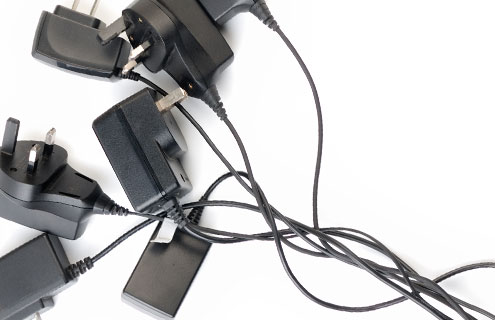
UK sees fake electrical goods a-rising
British consumers are buying more and more counterfeit electrical products, according to Electrical Safety First research published on Anti-Counterfeiting Day on 8 June.The charity investigated consumer attitudes towards counterfeit electrical goods over the past year and found fake items are becoming more prevalent for British consumers and more visible online, compared to a year ago.Social media platforms have also functioned a new marketplace for counterfeit goods. Seven percent of respondents said they purchased products through social media advertising.
http://ipprotheinternet.com/ipprotheinternetnews/article.php?article_id=4947#.V3pdQ0t97IU
Lear More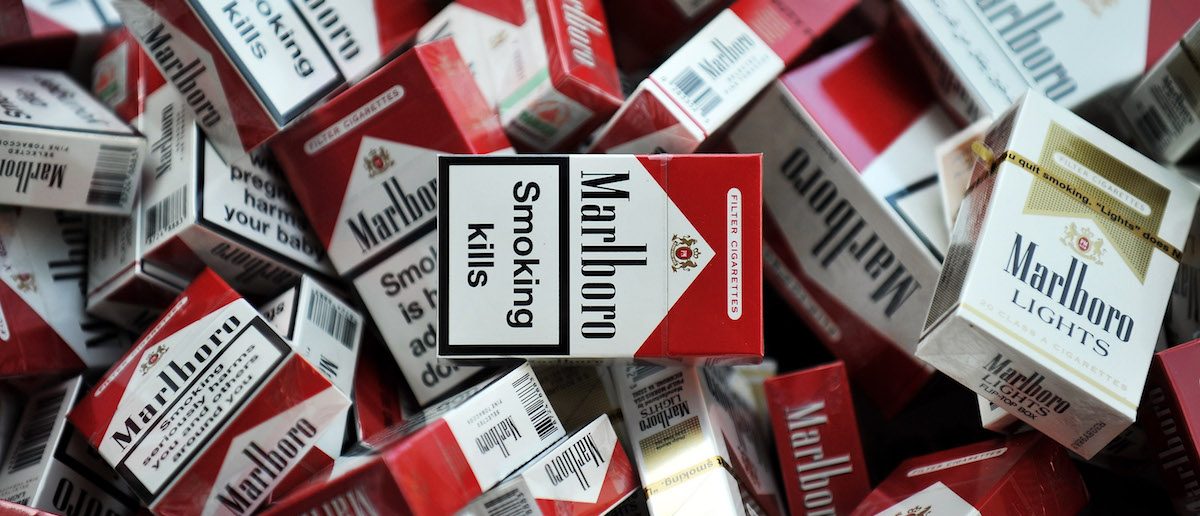
Highly-Taxed Europe Flooded With 53 Billion Illegal Cigarettes
Europe consumed 53 billion illegal cigarettes in 2015, causing almost $13 billion in tax revenue to go up in smoke, according to a KPMG report released Wednesday.
The number of illegal cigarettes smoked in the European Union (EU) exceeds the entire legal market in Spain and accounts for one in 10 cigarettes smoked in the EU, says the report.
Although cigarette smuggling in the EU is still running at industrial like levels, the volume has actually declined a little from 2014 thanks to law enforcement activities and increasing growth of the EU economy.
http://dailycaller.com/2016/06/09/highly-taxed-europe-flooded-with-53-billion-illegal-cigarettes/



